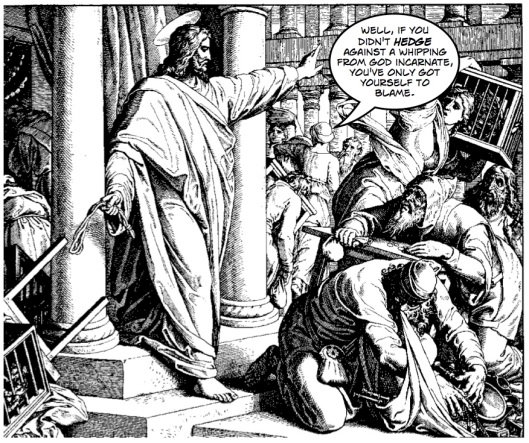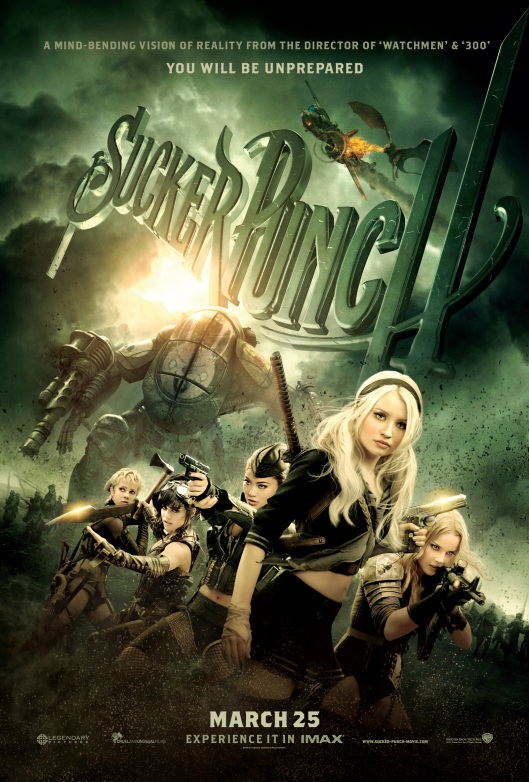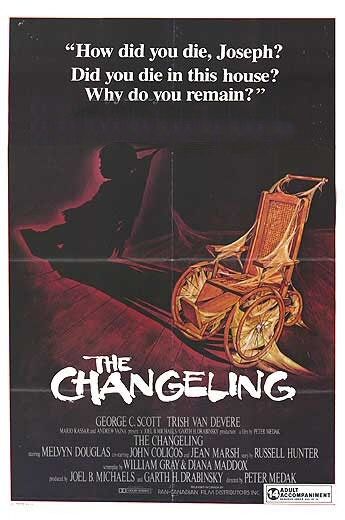Continuing an earlier discussion of the cultural and religious hopes placed on technologies, a few thoughts inspired by a recent re-reading of Arthur C. Clarke’s 1983 short-story collection The Sentinel, which contains stories written from 1946 to 1979:
Outside of the clear and simple pleasure of watching a master doing what he does best (and my criticisms here aside, Clarke was a master of hard science fiction, undoubtedly one of the all-time greats), what strikes the reader (at least this reader) about this early collection is Clarke’s persistent tendency to overestimate both the significance of new technological developments and the pace of scientific advancement. Even the simplest developments hold the power to alter the world fundamentally, and almost always for the better.
To take but a single example, in the gripping and disquieting story ‘Rescue Party’, the development of the helicopter brings about the end of almost all the great cities, which seems laughable decades later (indeed, when faced daily with the average automobile driver’s lack of skill and discretion, the thought of the helicopter as ‘universal transportation’ is enough to cause nightmares). Since the story was written in 1946, urbanisation has continued apace and more and more rural land is dedicated to massive farming and ranching operations built on the model of heavy industry, with all of the environmental and social costs that this threatens. Far from the rural idyll that the helicopter brings to the Earth in ‘Rescue Party’, the helicopter remains of limited use and did little or nothing to curb the explosive growth of the cities which began with the Industrial Revolution and has continued with only a few and rather minor counter-trends, and these are confined largely to the Anglo-European world and the wealthier of its colonies.
Viewed from the vantage point of Clarke’s eternal post-World War II optimism, the future for scientific development is bright. Clarke simply assumes for the sake of these stories that the exploration of space would continue and that progress towards the planets was inevitable. It would also be accomplished by very little conflict and even less bloodshed. The solar system was as ripe for exploration and colonisation as the New World was centuries earlier. On this point, for all of his vision, Clarke was perpetually blinded by his British colonial ideologies, whether he was aware of them or not. This is crystal clear in the story ‘Songs of the Distant Earth’ (and to a lesser extent ‘Breaking Strain’), which re-enacts the British encounter with the South Pacific in the eighteenth and nineteenth centuries and which subtly but unmistakably reinforces the myth of history as progress.
This, it turns out, is a symptom of a larger problem with the stories in The Sentinal. At the same time that he is making huge, counter-intuitive leaps about the effects of new technologies, Clarke’s view of culture and history is strangely anaemic. This particular blindness, in which Clarke is by no means alone among science-fiction writers, is coupled with a curious lack of imagination in the cultural and social sphere. For he is unable to imagine a world that is fundamentally different from our own, or at least the world as Clake saw it from the former British colony of Sri Lanka, where he spent much of his life. The Sentinel‘s stories exist in a future that looks a good like the present. The sense of cultural, political, and economic inertia present in these stories is stunning. Clarke imagines little political upheaval and fails to anticipate developments such as the end of the Soviet Union only two decades after the last story here was written.
Clarke’s tendency towards prophetic hyperbole is thus rooted in his failure to understand that technology is at least partially cultural. Clarke’s failure, then, beside his blind belief in the inherent value of technological development, is his inability (or his simple refusal) to understand that technology, quite removed from its scientific side, is also immersed in human culture, which influences and even determines its use and reception. Given that the Clarke who wrote The Sentinel – and Clarke was a complex, sometimes contradictory man wrote or co-wrote literally hundreds of books and stories which do not add up to a fully coherent ideology of philosophy of history – can not imagine a world without the United States, Britain, the Soviet Union, consumer capitalism, and an independent mass media, his view of technology was similarly limited.
He also imagines that governments will continue to fund science for the sake of science, though he does realise that at least some of the motivation behind the golden age of space exploration was political and military. This prediction, which is never made explicit but is present in each and every story in the collection, has also failed to materialise, largely given the limited resources governments now give to pure science and the ever more persistent demand that science and technological development serve some kind of purpose – usually economic – rather than serving the interests of disinterested knowledge. Clarke fails to anticipate the cultural and economic forces that have brought space exploration to a near standstill or limited it to uninspiring and wasteful projects like the International Space Station. According to the timeline Clarke imagines in 2001, and in the story ‘The Sentinel’, which provided the kernel of the larger novel, there was to be permanent bases on the moon in place by the mid 1990s. Instead, the Apollo programme has been relegated to a footnote in Cold War history ripe for re-appropriation in popular culture texts like Michael Bay’s jingoistic, neo-fascist film Transformers: Dark of the Moon.
Given Clarke’s often dismissive attitude towards organised religion – see Childhood’s End and The Fountains of Paradise for examples – his failure to acknowledge the failures of scientific prophecy is all the more striking. It also highlights the similarities between placing one’s hopes in the next step in scientific development and placing one’s hopes in the great coming of a saviour figure – as in Christianity, messianic Judaism, some forms of Buddhism, and countless other traditions – who will interrupt the course of history and bring about a new and better world. Over the course of The Sentinel, Clarke simply ignores the marginal predictive value of his persistent overestimation of the power and significance of incremental scientific developments. When one prophecy fails, he simply moves on to another tale of the partial redemption of the world by a new technology while never addressing the previous failure (it is worth noting that he did get some things – many things, in fact – right, including his invention of the concept of the geosynchronous communications satellite).
By simply ignoring the failures of his prophetic imagination, Clarke reminds me irresistibly of those Christians who have been convinced that the apocalypse was just around the corner (just as the gospels claim that Jesus promised some two millennia ago), despite the fact that this prophecy has been failing over and over again for centuries. The fact that technology has failed time and again to live up to its promises, like so many religious prophecies, that it has failed to bring about greater social and economic equity, something we were promised would happen with the arrival of the printing press, the steam engine, the railroad, electricity, the telegraph, photography, the cinema radio, television, the personal computer, and, most recently, the Internet (or Web 2.0, which was to save us – again – from the inequities of the earlier technologies), is in itself interesting.
What is more interesting, at least in the context of religious prophecy, is how immune this belief in technological salvation is to historical realities and the complexity of human culture. This points to a persistence of belief that is structurally very similar to the continued rationalisations of failed religious prophecy. Even if Hal Lindsey’s identification of events in the 1970s and 1980s with the events of the Book of Revelation failed to accurately predict the beginnings of the end of times, this does not stop millions of people from believing precisely the same thing about more recent world events.
This is not a coincidence, of course, given how the structures of the Christian narrative of history persist and are transformed in the narratives of modernity, particularly in secular eschatologies like those of classical Marxism, the National Socialists, and all of those people that believe that technology is going to save us. The real question I have here is how to begin to think more rationally about the true capabilities of science and technology, especially when the potential of both is limited so clearly and so persistently by economics and politics. If someone like Arthur C. Clarke can get things so clearly wrong, why do we persist in waiting for the next technology, the one that is going to save us? Why do we continue on as if this were an inevitable fact? I think some of this might be because most people, like Clarke, and unable to imagine a world that is truly, fundamentally different from our own.
In practical, this-worldly terms, if we are waiting for the arrival of that magical machine that will save us from all of our follies (many of them, of course, technological, like the internal-combustion engine) without coupling this with a serious and sustained effort to change the cultures that surround this anticipation and make it bear the burden of a dark and difficult future, we would be just as well to be waiting for Jesus (or Maitreya, the Buddha of the future in many schools of Mahayana Buddhist thought), who is coming along soon.
Any day now …











